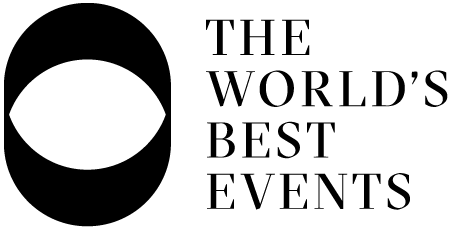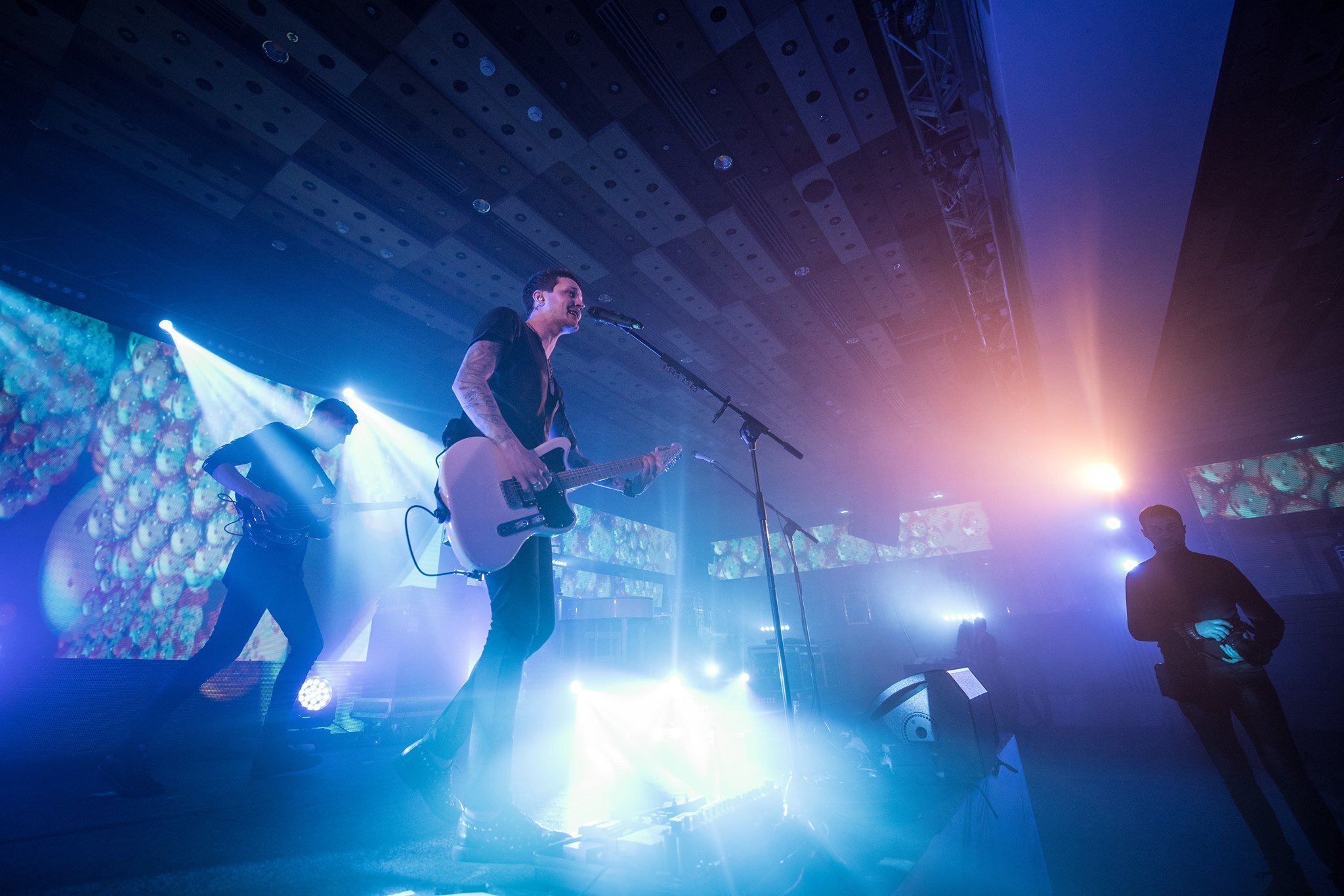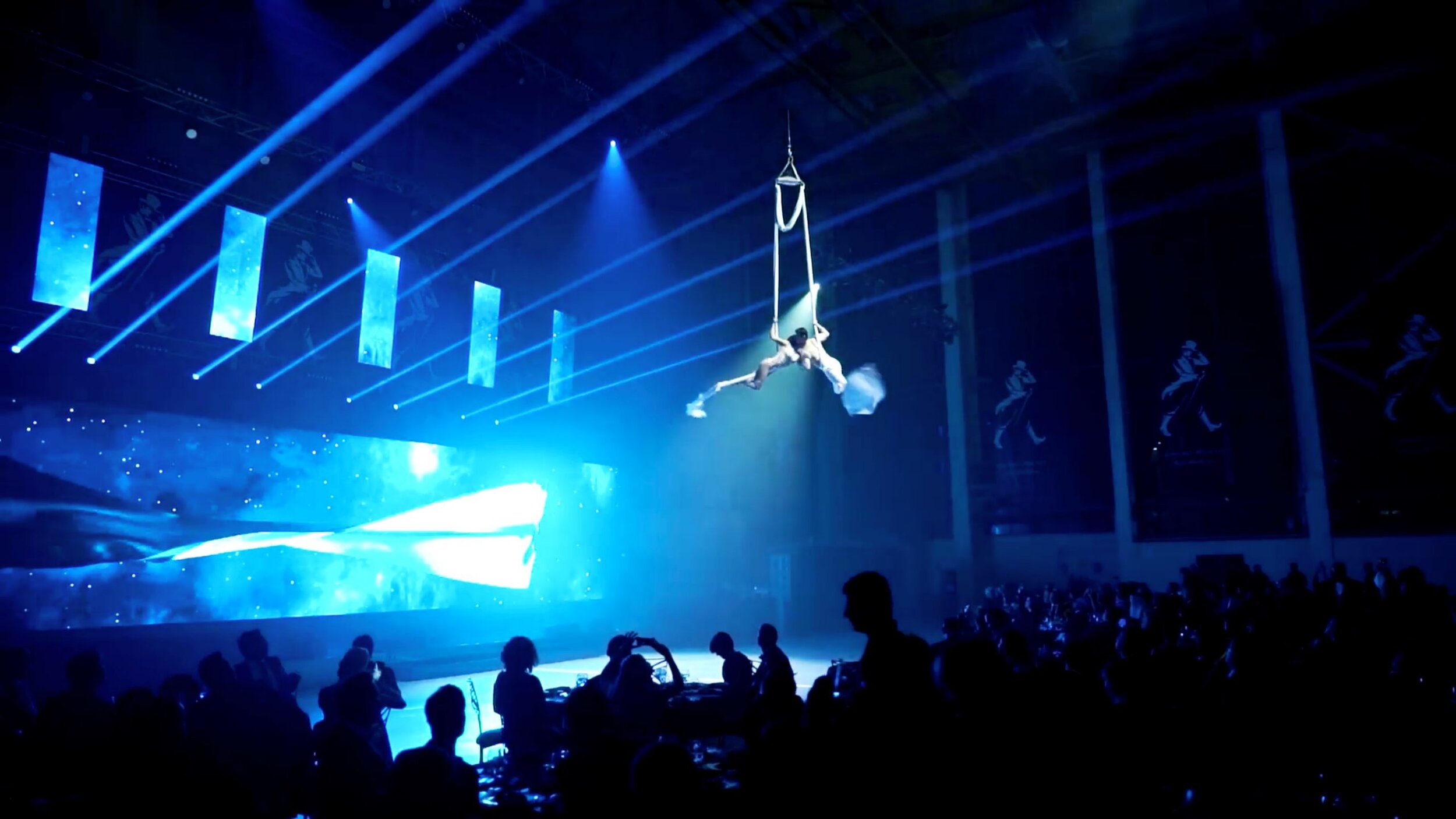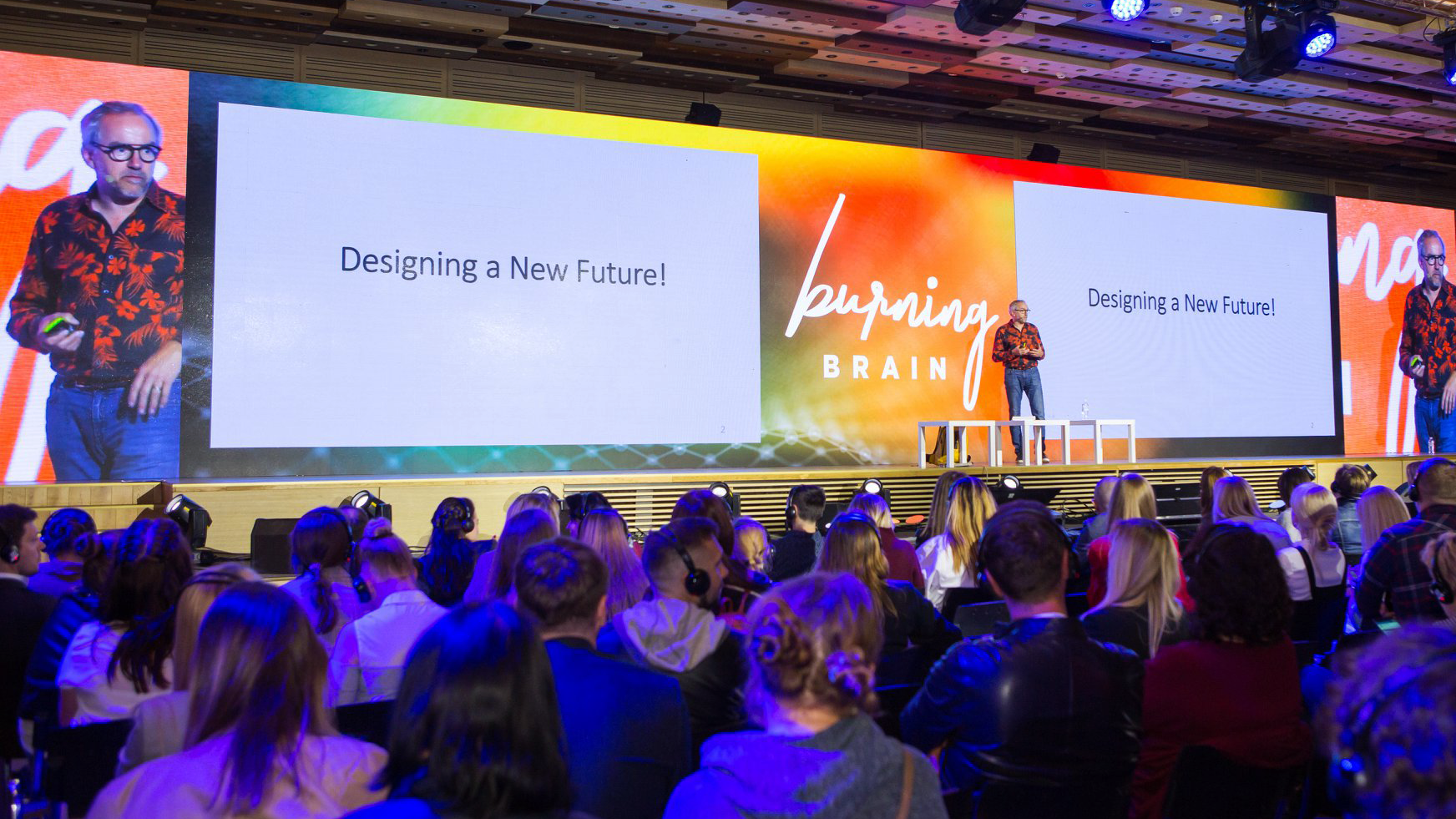Ana Foley
Ana Foley is the founder and CMO of Check Check Productions. Having worked in events her whole life, she has a particularly discerning eye for the technical details that make an event a truly memorable experience. She spoke with us on the timely topic of planning for the unexpected and shares tips for achieving sustainability in events.
How did it all start?
For as long as I can remember, I’ve been planning and hosting some kind of event. Literally, from kindergarten. I got my first job at an event agency straight out of university. We were doing mostly large-scale corporate events for well-known brands all over the world, having Google, Toyota, JTI, Vogue, Carlsberg Group and Bentley as clients under our belts. I was traveling all the time, exploring different countries and different cultures, attending art exhibitions, fashion shows and music festivals. I met my husband, Devin Foley, at a show he was project managing in Kiev, and the company I was working for was one of their equipment suppliers. Devin has 10 years of experience operating equipment and supervising production of hundreds of shows and events, including INTERPOL, The Strokes and Yeah Yeah Yeahs’ world tours. Since day one, I have always been very much impressed with his work ethic, and how we share the same vision and similar approach to decision making and problem solving. So, it was just the next logical step to take; I moved to NY, we merged our skills and launched Check Check Productions.
How do you find your clients?
Good old-fashioned networking, including online networking, is probably my number one tool. Reaching out directly to the people who are in charge of events at companies and partnering with marketing agencies are great ways to bring in new clients. And word of mouth, of course. That’s why investing in building relationships with clients is so important – happy clients share their experiences with their family, friends and colleagues.
Who make the best clients?
People who can clearly identify the purpose and the occasion of the event; ironically, it doesn’t happen very often. It could be that clients have no idea what they want and why, but that’s exactly what drives how you plan, market and execute your event. That’s when we start brainstorming our goals with the client: why are we having this event? Is it to raise money, or gain maximum media coverage, or generate revenue or launch a brand?
Even though we specialize in technical production, we should view every event as a very complex object, where all the elements are connected together. Proper lighting, for example, can enhance the style of the event, set the mood, or completely transform the event space, adding warmth, depth, texture and highlighting what’s essential. I've seen dozens of cases where people were not moving through the venue as expected or were leaving early because of the poor AV execution.
What sets you apart?
Our strength lies in building human connections: we try to connect with our client and collect as much information on the “why” to tailor the event to their needs. We really take into consideration every small detail to plan an engaging event not the way we like it, but the way our client would like it. We are creating memories.
Same with partnerships. Thanks to years in production, we’ve developed a strong network of quality local and international partners. Our team consists of best-in-class specialists ranging from creatives and production managers to audio and lighting technicians, to set designers, artists and carpenters. We always choose inspiration over competition and deliver our clients the best possible solutions.
How do you view event production?
Our goal as a technical production company is to engage people, to help them to create positive brand perception by creating memorable experiences. Technical production can make or break your event experience.
We humans have a deeply curious nature. If you create the right ambience, your attendees will do all the work by themselves. Creative scenic design, fitting audio and dynamic lighting help to navigate attendees through the experience. We let them create strong emotions and lasting memories associated with your brand and event.
How are you keeping up with progress in technology and society?
Everyone would agree that social media has changed us. Companies are tracking KPIs of the events in likes, shares and hashtags, and every little detail of the event is basically a form of visual content – either pinned or saved. The number of events has increased, events have gotten smaller in size, and now it’s all about getting attendees buzzing and keeping the visually appealing content flowing. We realize that our goal now goes far beyond creating the event. We’re engaging attendees and generating content that our client will use for marketing purposes even after the event is over. We offer custom, fully immersive AV experiences for conferences, or fresh and fun projection mapping for pop-ups.
How do you balance taking risks with the chance of failure?
Failure isn’t an option. I’m a perfectionist, so I won’t let anything be less than 100%. We carefully evaluate all the risks, discuss every possible scenario and plan for the unexpected. For instance, right now many festivals are being cancelled, as well as many companies postponing meetings and events due to the risk of Coronavirus. That’s when we offer the safest option – a few smaller local conferences with live streamed presentations that more people can access online. Not only does it keep attendees safer, but it keeps the planet safe, too. One return flight between New York’s JFK and London’s Heathrow airport generates more than 2000 pounds of CO2, and one average passenger produces more than 3 pounds of cabin waste per flight!
What is the number one thing you think events need to do to become more sustainable?
Great people make great events, and conscious and sustainable events start with a conscious team. There are so many ways to reduce event waste that are simple and easy to implement!
Adapt technologies to minimize waste. For example, create an app with the event agenda instead of printing it out. Rent live plants. Save energy during load-in/load-out. Hire local. Right now, we’re planning a global meeting for a large software company overseas, and we partner with local sustainability-minded suppliers, which helps us to optimize costs and mitigate the amount of event waste significantly. Reuse decor and structures, use digital signage, try to incorporate used elements into your new events as much as possible, find a secondary use. Lastly, going green will not only go easy on the planet, but will also help to improve your brand image.
What makes a great event?
For the guest, the ultimate event would be: FOMO before the event, feeling special and cared for during the event and a mild hangover the morning after. For the client: satisfaction, gratitude and retention. When they love, they stay.




